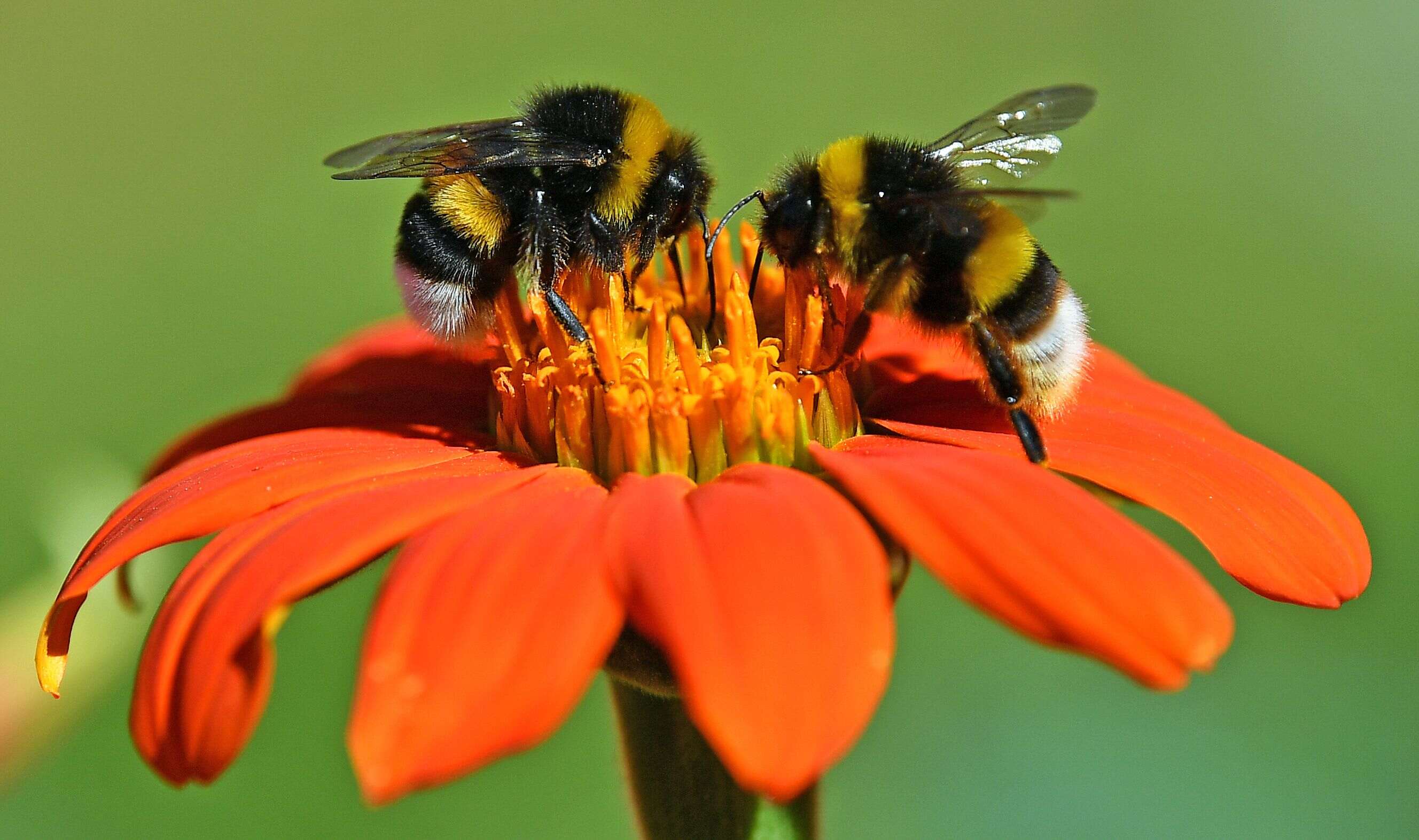
Ever wondered why bees buzz around flowers or how they contribute to our ecosystem? Well, World Bee Day on May 20th shines a spotlight on these tiny, yet mighty creatures and their significant role in our lives. Celebrating bees isn't just about admiring their hard work and dedication to pollination; it's a call to action to protect these crucial pollinators. From their fascinating social structure to their impact on global food security, bees have stories that are as sweet as the honey they produce. So, why do we dedicate a day to these buzzing beauties, and what makes them so essential to our planet's health? World Bee Day is not just a day; it's a reminder of the delicate balance between humans and nature, urging us to appreciate and safeguard our buzzing friends.
Key Takeaways:
- World Bee Day, celebrated on May 20th, honors the essential role of bees in pollinating crops and supporting ecosystems. It also raises awareness about the threats bees face and encourages actions to protect them.
- Anton Janša's birthday on May 20th was chosen for World Bee Day to honor his pioneering work in modern apiculture. The day highlights the economic, ecological, and cultural significance of bees and promotes their conservation.
What is World Bee Day?
World Bee Day is celebrated every year on May 20th. This special day aims to acknowledge the role of bees and other pollinators in the ecosystem. Not only do these tiny workers contribute to complex, biodiverse environments, but their presence is crucial for the production of food crops. Bees play a significant role in pollinating plants, which is essential for them to grow, breed, and produce food. Hence, World Bee Day emphasizes the importance of preserving bees and other pollinators to ensure sustainability and biodiversity.
Why May 20th?
- May 20th was chosen for World Bee Day because it marks the birthday of Anton Janša, who was a pioneer of modern apiculture in the 18th century. Born in 1734 in Slovenia, Janša was one of the first teachers of apiculture at the Habsburg Court in Vienna. His innovative techniques and deep understanding of the behavior of bees significantly contributed to the development of beekeeping.
The Significance of Bees
-
Bees are crucial for the pollination of many crops, including fruits, vegetables, and nuts. Without bees, our diets would be significantly less diverse and nutritious.
-
Beyond agriculture, bees also pollinate wild plants, supporting the health of natural ecosystems and the survival of many plant and animal species.
-
Economically, bees have a huge impact. In the United States alone, honey bees contribute over $15 billion to the value of crop production.
Threats to Bees
-
Unfortunately, bees face numerous threats, including pesticides, habitat destruction, climate change, and diseases. These factors have led to a decline in bee populations globally, which poses a risk to global food security and ecosystems.
-
Colony Collapse Disorder (CCD) is a phenomenon where the majority of worker bees in a colony disappear, leaving behind a queen, food, and a few nurse bees. The exact cause of CCD is still unknown, but it's a major concern for beekeepers and environmentalists.
How to Celebrate World Bee Day
-
Celebrating World Bee Day can involve planting bee-friendly flowers and shrubs in your garden to provide food and shelter for bees.
-
Supporting local beekeepers by buying locally produced honey and bee products helps sustain the beekeeping industry and encourages the maintenance of healthy bee populations.
-
Educating others about the importance of bees and the challenges they face can spread awareness and encourage more people to take action in supporting bee conservation efforts.
Global Initiatives for Bee Conservation
-
Various global initiatives, such as the Bee Friendly Farming (BFF) program, encourage farmers and gardeners to provide bees with a safe environment. These programs often include guidelines for planting pollinator-friendly flora, reducing pesticide use, and maintaining habitats for bees.
-
The United Nations has recognized the importance of bees and other pollinators, leading to the establishment of World Bee Day itself. This recognition underscores the global commitment to protecting these vital creatures.
-
Research and technology are also playing a role in bee conservation. Scientists are developing new methods to monitor bee health and track population changes, which can help identify threats early and guide conservation efforts.
A Final Buzz on World Bee Day
World Bee Day isn't just another date on the calendar. It's a call to action, a reminder of the crucial role bees play in our ecosystem. Celebrated on May 20th, this day shines a spotlight on the tiny yet mighty pollinators that sustain our food chains and biodiversity. From their contribution to food security, nutrition, and environmental health, bees are indispensable. Supporting them means supporting the health of the planet and future generations. Whether by planting bee-friendly flowers, supporting local beekeepers, or spreading awareness, every small effort counts. Let's not forget, the survival of bees is intertwined with our own. So, next May 20th, take a moment to appreciate these incredible insects and consider what you can do to help protect them. After all, a world without bees would be a world far less sweet.
Frequently Asked Questions
Was this page helpful?
Our commitment to delivering trustworthy and engaging content is at the heart of what we do. Each fact on our site is contributed by real users like you, bringing a wealth of diverse insights and information. To ensure the highest standards of accuracy and reliability, our dedicated editors meticulously review each submission. This process guarantees that the facts we share are not only fascinating but also credible. Trust in our commitment to quality and authenticity as you explore and learn with us.
